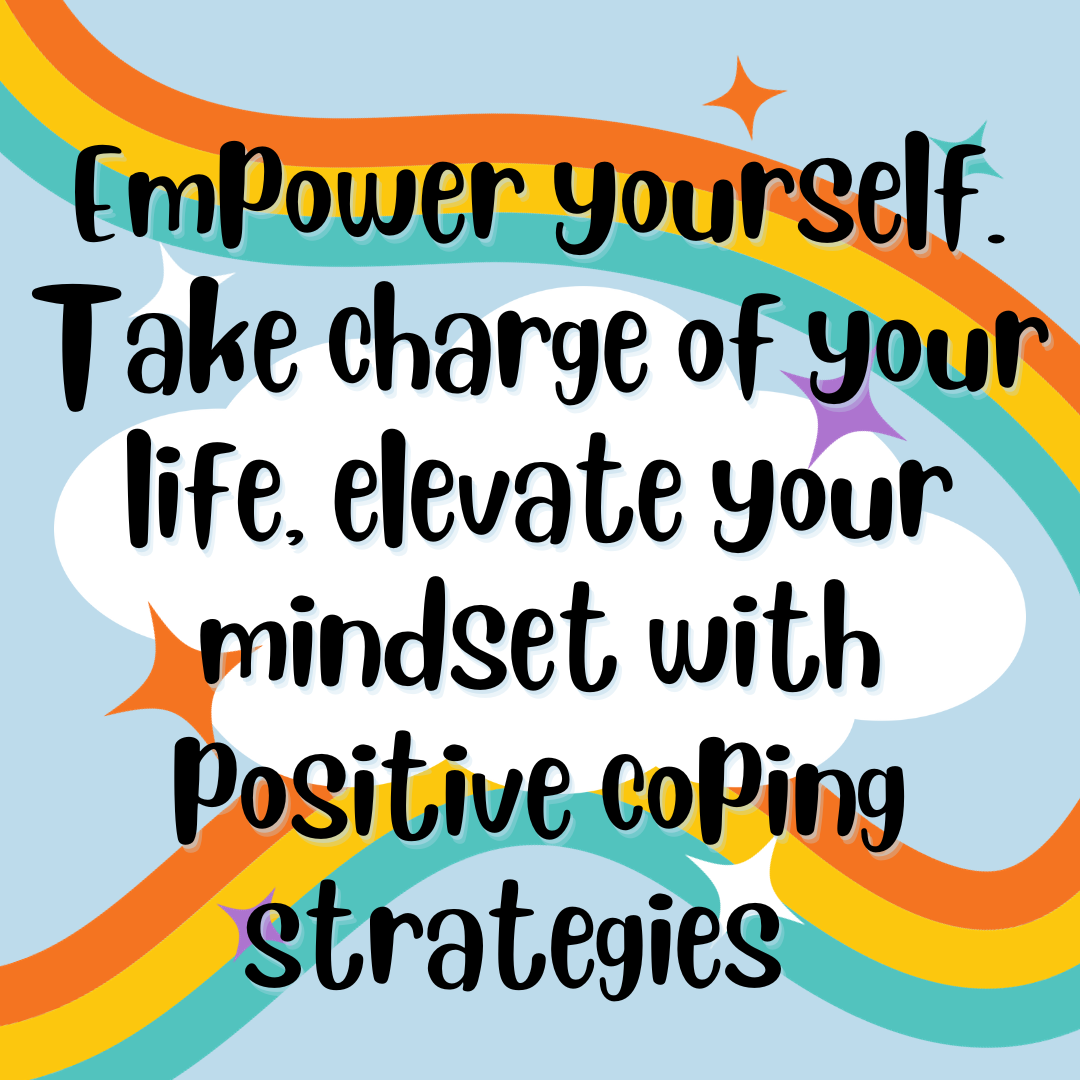Individuals utilize coping mechanisms, which are the strategies and behaviors used by people to deal with and go through tough circumstances. Coping methods that focus on positive outcomes like health, resilience, and personal development are referred to as positive methods. These are mechanisms that allow us healthy ways of coping with stress, adversity, and emotional distress.
Self-Care:
Taking care of oneself is essential to stay happy and healthy emotionally, mentally, and physically. Take part in activities that are refreshing and revitalizing, like exercising, meditating, or being a nature explorer, hobbyist, or creative person. Therefore, you should make self-care an uninterrupted routine, as caring about yourself is not selfish; it is essential for your health.
Social Support:
It is important to build and have strong social networks that help one cope with life’s daily challenges. Ask for help from a friend or a support group Talk freely with your dear ones and tell them what you feel. Listening to what they consider will help you too. Ensure you have a good support system made up of people who can offer words of encouragement and compassion on your worst days.
Mindfulness and Relaxation Techniques:
However, mindfulness is about being here now, non-judgmentally. Meditate, perform some deep breathing exercises, and practice yoga regularly. Such techniques enable you to grow, feel peaceful, de-stress, and achieve mental focus. Constantly practicing helps with dealing more effectively with stressful times as well as managing negative feelings in general.
Positive Reframing:
Reframing positively means knowing that there are good sides to any situation, regardless of its nature. Finding opportunity, growth, and lessons out of challenging experiences As an alternative, focus on how you can learn from the experience and the benefits it will offer. It is all about changing your mindset towards difficult times and being resilient and optimistic.
Problem-Solving Skills:
Problem-solving is a good skill that will empower you to take charge. Divide complex issues into smaller chunks, consider possible options for resolution, and appraise them adequately. Try to get advice about the business from highly regarded advisors and experts. This will reduce your stress and enhance your level of confidence while giving you a sense of being in charge.
Healthy Boundaries:
You have to set up healthy boundaries to preserve yourself. Learn how to politely decline when you need to do so and establish boundaries for your time as well as your commitments. Always respect your own needs as well as prioritize self-care to avoid burnout and unnecessary stress. Communicate, state, and enforce your boundaries to convey the message to other people about your limits.
Seek Professional Help:
In some cases, a person needs to seek professional help. Think about consulting with your therapist, counselor, or life coach if you have been experiencing major problems with your state of mind or are in general facing serious challenges in your life. These therapists will guide you, offer their expertise, and develop suitable strategies for your specific case.
Conclusion:
The process of cultivating positive coping mechanisms is a long and learning one. Begin by including one or two strategies in your everyday routine. Afterwards, you can add more strategies as you gain confidence. Take your time accepting such ideas as personal growth and positive coping skills because these are life-long journey processes.
Let’s connect and embark on a life-changing adventure together.
Tap on the LINK to brighten yourself up.
